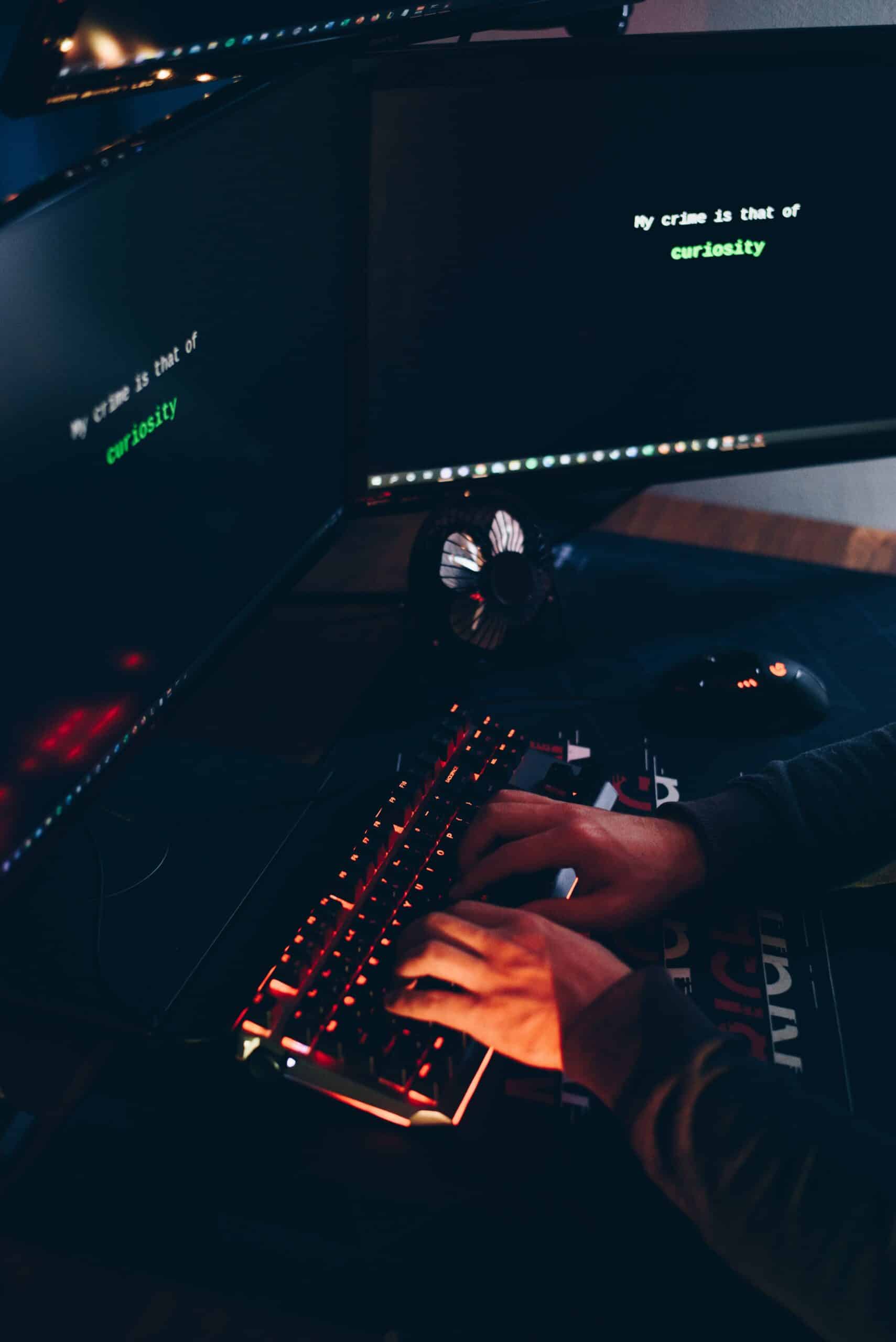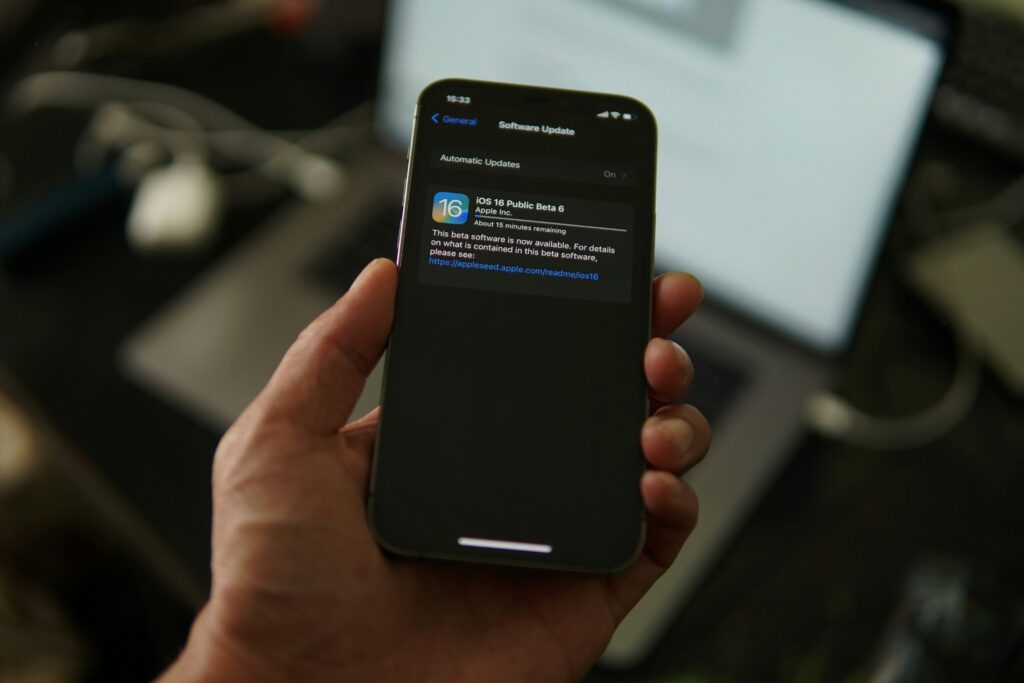You probably use a computer or cell phone every day to surf the Web. So let’s be honest: in the connected world we live in, cybersecurity should be a necessity for everyone! Here are some simple tips you can implement in your daily life to strengthen your cybersecurity.
Strong, unique passwords
Use strong, and above all, different passwords for each of your accounts. Avoid using easy-to-guess passwords like “password” or “qwerty”. Opt for a combination of letters, numbers and special characters. Afraid of forgetting them? Consider using a password vault. All your logins in one place, in a secure location.
Regular updates
If you receive an update notification on your computer, don’t ignore it! It may include important security patches. So update your operating system and software/applications regularly.
Suspicious e-mail? Be on the lookout
Never click on links or attachments from unknown sources. Always check the authenticity of the sender first. If in doubt, simply ignore the message. If the sender is a financial institution, contact them to confirm the authenticity of the e-mail.
Safe use of USB flash drives
Find a USB flash drive in the parking lot at work? Don’t let your curiosity get the better of you! Don’t plug anything into your computer if you don’t know where it came from. It could contain malicious software.
Restricted access should remain restricted
Don’t grant access to sensitive information to just anyone, even if they ask for it. Think twice: does this person really need access? Access to information should be restricted to authorized persons only. What’s more, don’t share access with your colleagues, if you have access but they don’t, for example. If the colleague doesn’t need access, don’t give it to him!

Secure Wi-Fi use
Your Wi-Fi should be as secure as your accounts. Why choose a strong password for your accounts, but not for your Wi-Fi? Be original, use a strong password! In the same vein, if you want your Wi-Fi to be secure by using strong credentials, why would you want to connect to an unsecured public Wi-Fi network? Never, ever, connect to public networks. Use a VPN if you often work from the outside.
Regular backup of your data
In the event that you click on a link in an e-mail that you shouldn’t have, and your computer is infected, if you make regular backups, you’ll be able to recover your files from a recent backup. We recommend backing up your files at least once a week. No one knows when you’ll need them.
Cybersecurity training
It may seem trivial, but taking part in training sessions or simply providing information on cybersecurity can prevent a lot of damage. If your company organizes them, even better! If not, take a few minutes to read up on the subject – it won’t do anyone any harm. 😉


